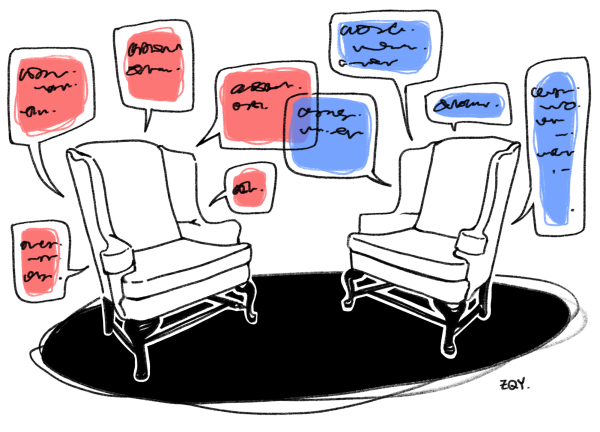Medical Marijuana Shouldn’t Transplant Patients on the List
This past March, the Bangor Daily News reported on Garry Godfrey, a father of two, who suffers from Alport disease. His condition eventually resulted in renal failure, and his case rose to prominence across Maine. After waiting eight years on the organ transplant list, he was promptly kicked off. The reason why? He smoked medical marijuana.
Mr. Godfrey’s case was just one of many in which prescribed medical marijuana has resulted in withdrawal from an organ transplant list. A Huffington Post article by Russ Belville detailed how Kimberly Reyes, a Hawaiian woman who needed a liver transplant, initially received approval from her insurance carrier, Hawaii Medical Service Association, but the organization denied her transplant three days later because her toxicology report revealed she had smoked medical marijuana. She died within two weeks. The same article also discussed how Timothy Garon, a Seattle musician, was also denied an organ donation due to him using marijuana.
A 2018 Vox article by German Lopez discusses how medical marijuana is now legalized – at the state level, at least – in 29 states as well as the District of Columbia. This shows how medical marijuana has become an increasingly popular way for patients to deal with certain illnesses or medication side effects. And yet it seems that hospital policies against medical marijuana users hurt those patients.
According to the aforementioned Bangor News article, hospital policies against medical marijuana are usually attributed to two major issues: first, that people on drugs can be erratic and irresponsible; and second, the threat of infection among drug users. Lynn Pittsinger, director of Groton’s Health Center, commented that hospitals avoid medical marijuana users “because they are considered to have an increased risk of incurring a deadly fungal infection [called] Aspergillosis during the transplantation process.”
As to the first issue: it is incredibly unjust that patients needing life-saving organ transplants are deemed erratic or irresponsible simply because they use a prescribed medication. Additionally, an obvious paradox stems from the second issue: if medical marijuana puts users at risk for infection, why prescribe it to patients who might need organ donations? There needs to be greater contemplation on the part of those prescribing medical marijuana and a discussion between doctors and insurance providers, so others never have to suffer the same fate as Kimberly Reyes.
The apparent health repercussions of using medical marijuana further complicate the debate over its role in deciding organ transplants. There is a clear flaw in the argument that marijuana increases risk of infection because, if giving medical marijuana to patients is such a large risk, there should be a national protocol against it. Massachusetts General Hospital recommends that transplant patients avoid marijuana, but otherwise advises that patients bake or microwave their marijuana to eliminate mold spores. But there is no national protocol, and therefore regulations regarding organ transplants and medical marijuana vary widely.
In fact, according to a 2017 Buzzfeed article by Alyson Martin, many hospitals do allow patients to receive organ transplants regardless of marijuana intake. But going to these hospitals, instead of local hospitals that often have more strict organ transplant guidelines, can be costly and time-consuming. The same aforementioned Buzzfeed article discussed how the United Network for Organ Sharing, the group that runs the national organ donation system, also has no guidelines on how to incorporate medical marijuana into the organ transplant decision process. This lack of both governmental and private regulation poses a clear question: is risk of infection really that bad if some hospitals around the country are still allowing transplants?
The no-transplant policy seems to stem from the first issue: that medical marijuana users will be irresponsible following an organ transplant. This exemplifies just how stigmatized medical marijuana users are in medicine. In order to fix this stereotype and the problems it causes, doctors must prescribe medical marijuana with greater caution and awareness of the regulations, allowing those who actually need medical marijuana to get it without unfairly being labeled as irresponsible or erratic. No prescribed medication should hinder life-saving surgery, especially because of stereotypes and a lack of awareness.






